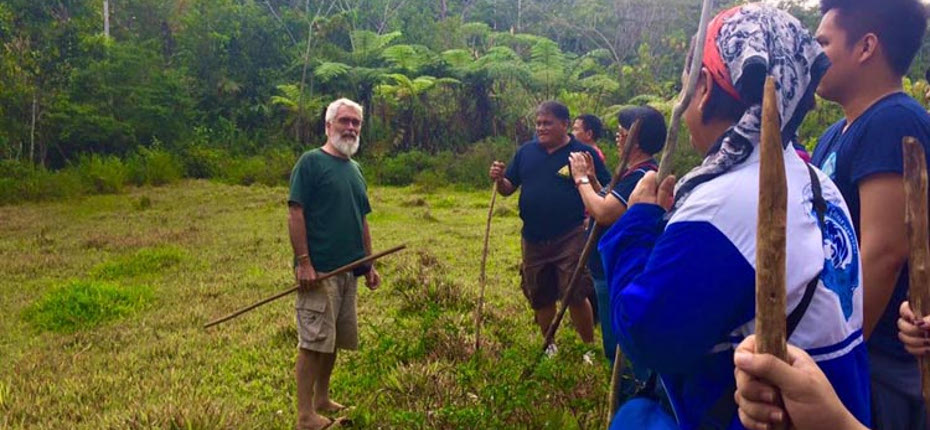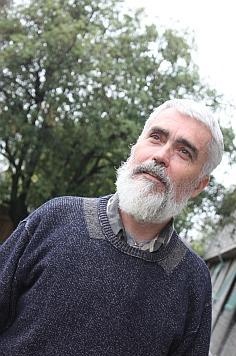
All over the world, so many people are suffering and vulnerable, not only socially and economically, but also emotionally and spiritually. They need to be able to aspire, and to know that their aspirations can be achieved. They need hope.
This is especially true for the youth who bear, some would say, the brunt of the impact of climate change on the environment, economic and political instability in their countries, and seemingly unending wars. They need hope.
The Holy Father has spoken of hope several times, and one quote that I find particularly strengthening is from Laudato si’.
“Hope would have us recognise that there is always a way out, that we can always redirect our steps, that we can always do something to solve our problems. Ls 61… How wonderful is the certainty that each human life is not adrift in the midst of hopeless chaos, in a world ruled by pure chance or endlessly recurring cycles! Ls 65… All it takes is one good person to restore hope! The biblical tradition clearly shows that this renewal entails recovering and respecting the rhythms inscribed in nature by the hand of the Creator.” Ls 71
It strengthens me in my work in caring for our common home and as we look at the need for reconciliation with God, neighbour and creation.
General Congregation 35 made Reconciliation with Creation part of the Jesuit mission. My hope for General Congregation 36 is that we take to heart these words of our Jesuit pope and set clear, concrete directives for action towards restoring hope, collaborative actions that cut across all our apostolic works.
Jesuits are challenged in particular to look at institutional structures that can support the local, for at the local scale we cannot mobilise the knowledge and resources to effect broad action. Our apostolic work needs to be anchored within the governance of the Society not simply as a Jesuit in an “NGO”. There is a need for an institutional platform of cura apostolica. We are a universal Society and the model needs to fit the scale.
History is not blocks of time but a seamless movement through tough and gentle times. As democracy is on the retreat with popularism on the one hand and the rise of new economies on the other, a re-strategising is needed where global knowledge is at the service of the local need. Can we with renewed leadership, increasing global vision and regional structure inspire the mission of an integral human development, which cares for creation, and give hope each day?
Human history can be written right in knowing God’s love and how to live through the change with hope and humility. “May our struggles and our concern for this planet never take away the joy of our hope.” Ls 244

JCAP Coordinator for Reconciliation with Creation
Fr Walpole is one of the signatories to the final statement released on September 28 by the Joint Seminar of the Pontifical Council for Justice and Peace and the Pontifical Academy of Sciences on Laudato si’ and the Path to COP 22 in Marrakech.
COP22 will be held in Marrakech, Morocco from November 7 to 18, 2016, and the statement urges all the signatories to the Paris Climate Agreement to “move forward together with determination, urgency, shared values and a common global plan” and emphasizing 10 opportunities and priorities.
The COP stands for the “Conference of the Parties”. It is the supreme decision-making body of the United Nations Framework Convention on Climate Change (UNFCCC), opened for signature in 1992 during the Earth Summit in Rio de Janeiro and later entered into force in 1994.






